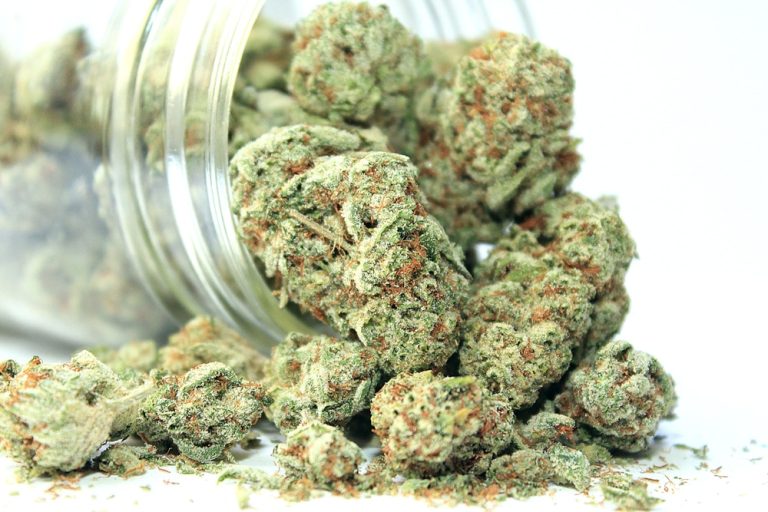The New York Cannabis Control Board approved the 99 new licenses on April 3, increasing the total provisional retail dispensary licenses for Conditional Adult-Use Retail Dispensaries (CAURD) to 165.
“We are proud of today’s approval of 99 CAURD provisional licenses, marking a vast expansion of the Seeding Opportunity Initiative as we continue to build an equitable market that offsets harms caused by cannabis prohibition and its disproportionate enforcement,” Tremaine Wright, the chair of the Cannabis Control Board, said in a statement.
Chris Alexander, the executive director of the Office of Cannabis Management, said that “the approval of these licenses will help expedite building a robust and diverse supply chain while also ensuring that individuals that have been disproportionately impacted by cannabis prohibition have meaningful opportunities to participate in the industry.”
Wright thanked New York Gov. Kathy Hochul and members of the state legislature in Albany “for helping us reach this day,” and noted that the “new licenses will allow entrepreneurs to fairly participate in the legal market while promoting innovation and creative diversity throughout New York’s ever-growing cannabis supply chain.”
The Cannabis Control Board said in a press release on Monday that the “licenses included four for Western New York, one for Central New York, five for MidHudson, and three for Brooklyn, marking the first provisional licenses to be issued in these regions following last week’s modification of a court injunction that had prevented the Board from issuing them.”
The board explained the application process: “License applications will continue to be sent to the Board for consideration on a rolling basis. To be eligible, applicants themselves were required to either have had a cannabis conviction or be the family member of someone who has and have owned a profitable business. Nonprofits were eligible if they had a history of serving current or formerly incarcerated individuals, including creating vocational opportunities for them; have at least one justice-involved board member; at least five full-time employees; and have operated a social enterprise that had net assets or profit for at least two years.”
New York launched its adult-use cannabis market late last year with the opening of a retailer in New York City’s East Village neighborhood.
Other dispensaries have opened in Manhattan since then, while the first legal dispensary in Queens opened late last month, but Brooklyn, New York City’s most populous borough, has so far been left out due to a court-ordered ban last year.
A federal judge lifted that ban last month, clearing the way for licenses to be awarded not only in Brooklyn, but also Central New York, Western New York and Mid-Hudson.
The Cannabis Control Board said on April 3 that, to date, it has “granted at least one [Conditional Adult-Use Retail Dispensary, or “CAURD”] provisional license in each region other than the Finger Lakes, which remains blocked by the injunction.”
The CAURD license “is a central pillar of the Seeding Opportunity Initiative,’ the board said, noting that the initiative ensures that “New York’s first legal adult-use retail dispensaries will be operated by those most impacted by the enforcement of the prohibition of cannabis or nonprofit organizations whose services include support for the formerly incarcerated.”
“As stated in the MRTA, marijuana laws had disproportionately impacted African-American and Latinx communities. For the past 30 years, Black individuals in New York have been 15 times more likely to be arrested for cannabis-related offenses than their white counterparts. For Latinos, it was 8 times more likely. These arrests perpetuated a cycle of poverty in Black and Brown communities. Accordingly, the criteria for obtaining a CAURD license included having been impacted by the enforcement of the prohibition of cannabis,” the board said in Monday’s press release.
“We are thrilled to announce the addition of 99 more CAURD provisional licenses as we continue to work swiftly and equitably to establish New York’s cannabis industry,” said Alexander.
